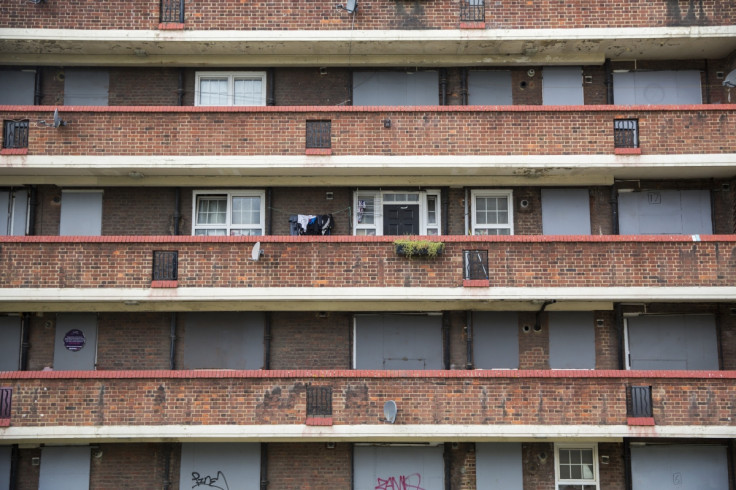Housing Bill: The government's attempts to remove social housing affects women the most

The UK is in the depths of a housing crisis that is particularly being felt in London. And it affects women more than it does men, with the specific risk of women, children and families being plunged into poverty and homelessness.
Buying property in London has become totally unaffordable for most people. Prime Minister David Cameron has acknowledged the severity of the rise in house prices by expressing concern that even his own children will not be able to afford to buy in the capital. Alongside this intractable problem, private rents have skyrocketed.
Women generally have the greatest need for the affordable rents that housing associations provide, because they are generally poorer than men. In 2015, the Fawcett Society estimated that almost two-thirds of those in low-paid work were women, many of whom worked part-time hours because of their need to balance work commitments with childcare responsibilities.
The government's response to the housing crisis has been the Housing and Planning Bill, which has been quietly progressing through parliament with the purpose of allowing more people to get a foot on the housing ladder. The opportunity of home ownership will be extended to social housing tenants. Long-term tenants will be given the opportunity to buy their homes at a discount, which will be funded by the selling of council houses.
While I am not against giving tenants the opportunity to get a foot on the housing ladder, it must be noted that even with a discount, buying is unaffordable for the majority of existing social housing tenants, and therefore this policy will not help the poorest in society.
In line with government aspirations for more people to own their own home, capital support is being directed away from social housing and into starter homes. These homes will be sold to first-time buyers at a discount but Shelter UK has estimated that access to them will require a household income of £77,000, putting them far out of the reach of those most in need of housing.
It is admirable that the government wants to change "generation rent" into a generation of home owners but this opportunity is not open to the most disadvantaged in society.
Unfortunately, this initiative appears detrimental to access to affordable rents that housing associations currently offer, with the potential to increase poverty and homelessness as women are forced into the private rental sector, becoming victims of unregulated rents that they will not be able to afford to pay.
I am deeply concerned by this redirection of resources away from the provision of social housing and into home ownership, because it leaves behind the very poorest in society, which includes a large proportion of women. Research by the Office of National Statistics in 2015 showed that single-parent families are more likely than any other group to live in social housing, with 90% of these families headed by women.
Therefore, it seems inescapable that women will be the group most affected by changes to the amount of social housing available. With welfare reforms and low pay also affecting their ability to pay rent, women need access to affordable social rents more than ever before.
The government must commit to ensuring homes are available by recognising the importance of social housing for the very poorest in society. It must invest in social and council housing to support low earners, not least because homes cost less than homelessness. We do not want to see more women made homeless, abandoned by a society focused on its own affluence.
Jakki Moxham is chief executive of Housing for Women.
© Copyright IBTimes 2025. All rights reserved.






















